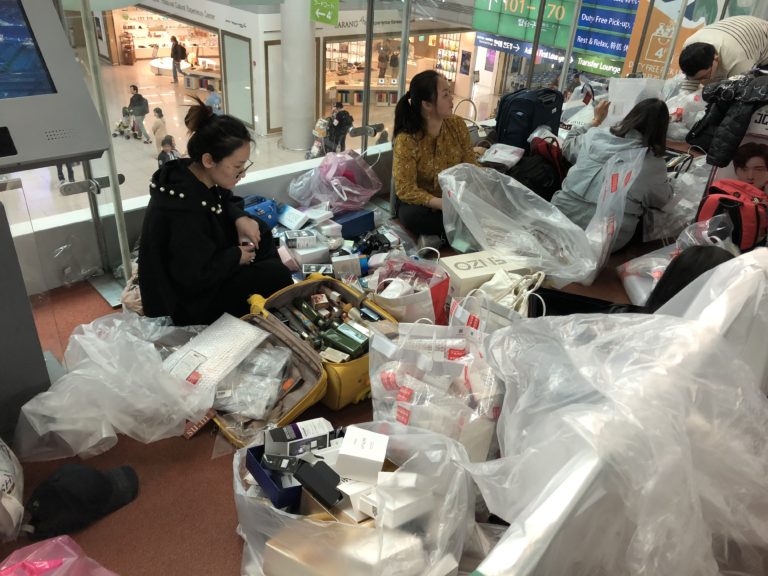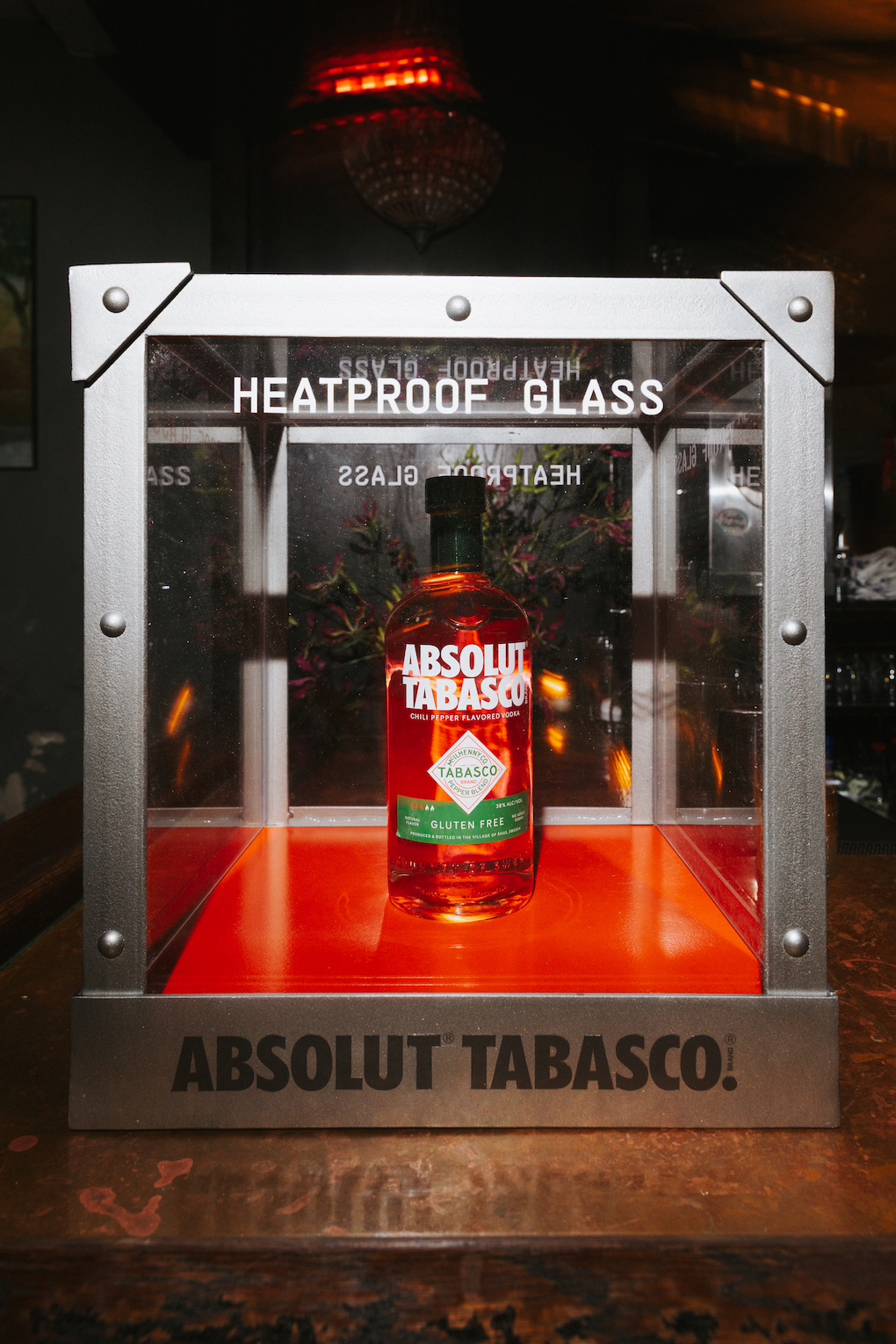SOUTH KOREA. South Korean retailers including duty free operators face a bleak 2019, analysts warned last night, as weak consumer sentiment, global trade disputes, slowing growth and China’s imminent crackdown on daigou personal shoppers combine to threaten market conditions in Asia’s fourth-largest economy.
A source within the South Korean travel retail industry told The Moodie Davitt Report that China’s new e-commerce law, which comes into effect on 1 January, is a “pivotal juncture” for the industry, with daigou sales expected to fall about -10% in Q1 2019 alone. “My channel checks suggest sizeable daigou operators are preparing to scale back and observe the Chinese government’s actions,” said the source.
“The industry experts expect daigou operators [to] subsequently turn their products over to B2C operators who can still continue to operate through cross-border trading,” the source added.
The South Korean government last week downgraded its growth forecast for 2019 to +2.6%-2.7%, the lowest in six years, and said it would grant more downtown duty free licences in a bid to boost consumption. However, sources in South Korea were concerned the measure would merely worsen an overcrowded duty free market, following a proliferation of licences in recent years.

The imminent suppression of the daigou or shuttle-trader market via China’s new e-commerce law threatens to bring about a fresh collapse in Chinese visitor spending in South Korea, the expert warned. Daigou visitors from China typically buy large quantities of duty free goods in South Korea and resell them in the domestic market. The word means “buy-on-behalf” in Mandarin.
Although visitors from China fell -50% in 2017 following the diplomatic fall-out caused by Seoul’s installation of the THAAD missile defence system, daigou customers helped the Korean duty free market to surge +20.7% to a record US$12.8 billion the same year.
China’s new e-commerce law will force daigou to register with the government and pay full import taxes. The unregulated and largely tax-free industry is thought to be worth tens of billions of dollars annually, a figure expected to plummet under the new law.

South Korea’s retailers such as Lotte Duty Free have long relied on Chinese shoppers to drive sales and profits. In 2016, more than 50% of South Korea’s 17 million incoming tourists were Chinese. However, in March 2017 Beijing suspended group tours to South Korea after Seoul deployed the Terminal High Altitude Area Defense (THAAD), a US missile system.
Seoul insisted the network was installed to prevent attacks from its bellicose neighbour North Korea. Beijing countered that the system of radars and interceptors could compromise its own defences.

The group-tour ban led to a -48% drop in Chinese visitors to South Korea to 4.2 million last year, representing just 31.3% of total arrivals in a serious blow for the tourist and retail industries.
Beijing buttressed the ban by waging a boycott against consumer-facing South Korean businesses. Sales of Hyundai and Kia cars in China fell -42% and -54% respectively, dozens of supermarkets closed and almost all of the 99 local-market stores owned by Lotte, on whose land the THAAD system had been placed, were shuttered.
Group tours had apparently resumed by August 2018. Chinese visitors rose +36.4% year-on-year to 435,000 in September 2018, according to figures from the Korea Tourism Organization, though that figure remains far short of the 759,000 who visited in 2016. During the first nine months of 2018, Chinese arrivals were up +9.4% on the same period in 2017 but down by -44.8% compared to 2016.

Click to enlarge.
Sales in South Korean duty free shops rose +32% in the first six months of 2018, according to the Korea Duty Free Shops Association.
Domestic consumption in China is down significantly this year. The Chinese economy grew by just +6.5% in Q3 2018, the slowest since 2009. It emerged last week that retail sales growth in China is at its lowest in 15 years, standing last month at US$510 billion and down from US$515 billion in October.
A weakening Yuan is further reducing Chinese spending. The Renminbi has depreciated about -10% this year, from 6.3 to the US Dollar in February to 6.9 today. The Yuan is approaching a value last seen during the financial crisis of 2008, thanks partly to US President Donald Trump’s tariffs on Chinese goods worth US$250 billion and the strengthening Dollar.
Meanwhile, the Chinese travel market is cooling and shares in both online travel companies and luxury retailers have experienced sharp falls this year.

















